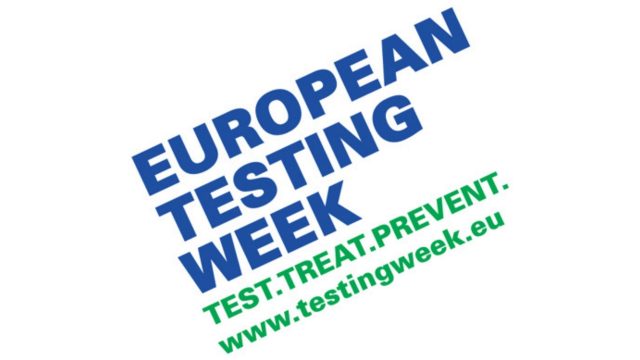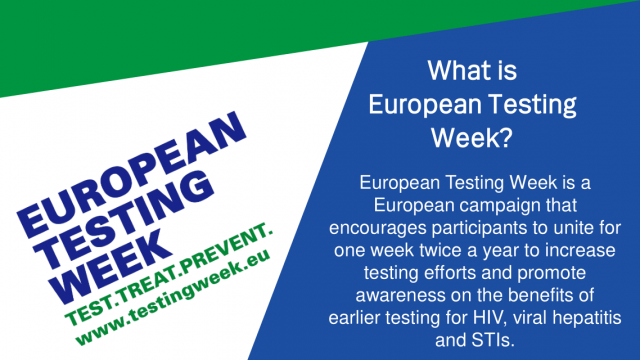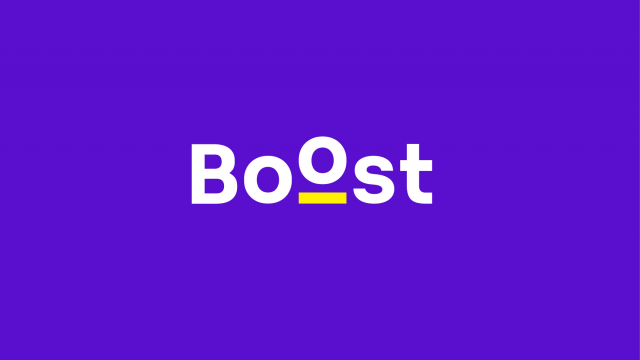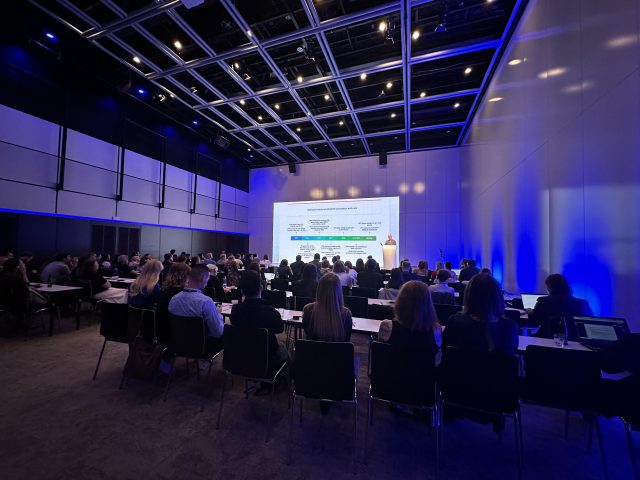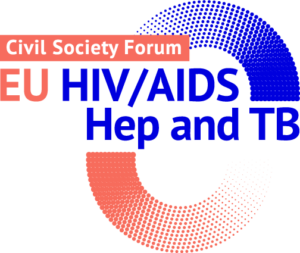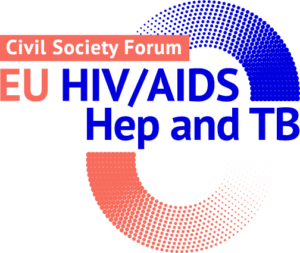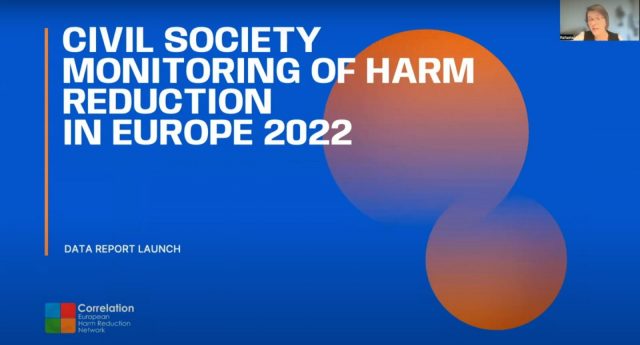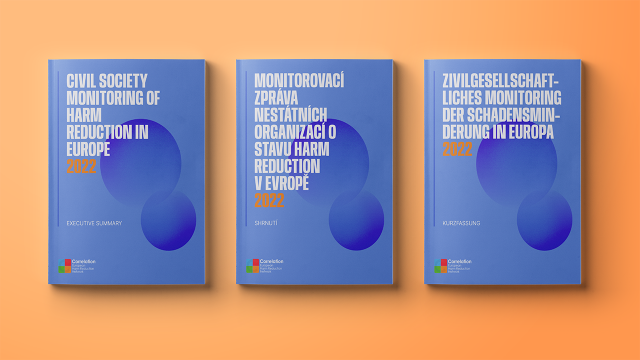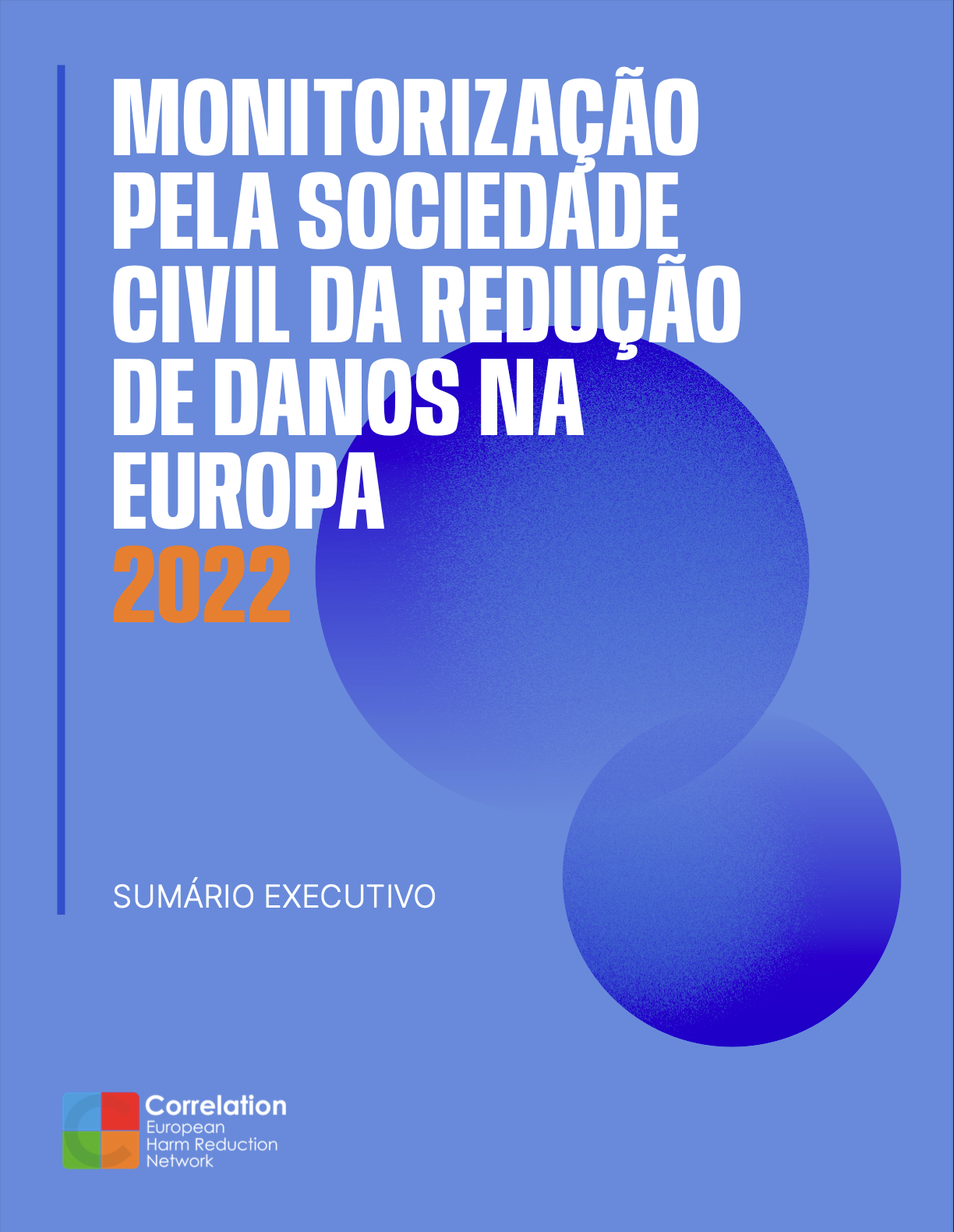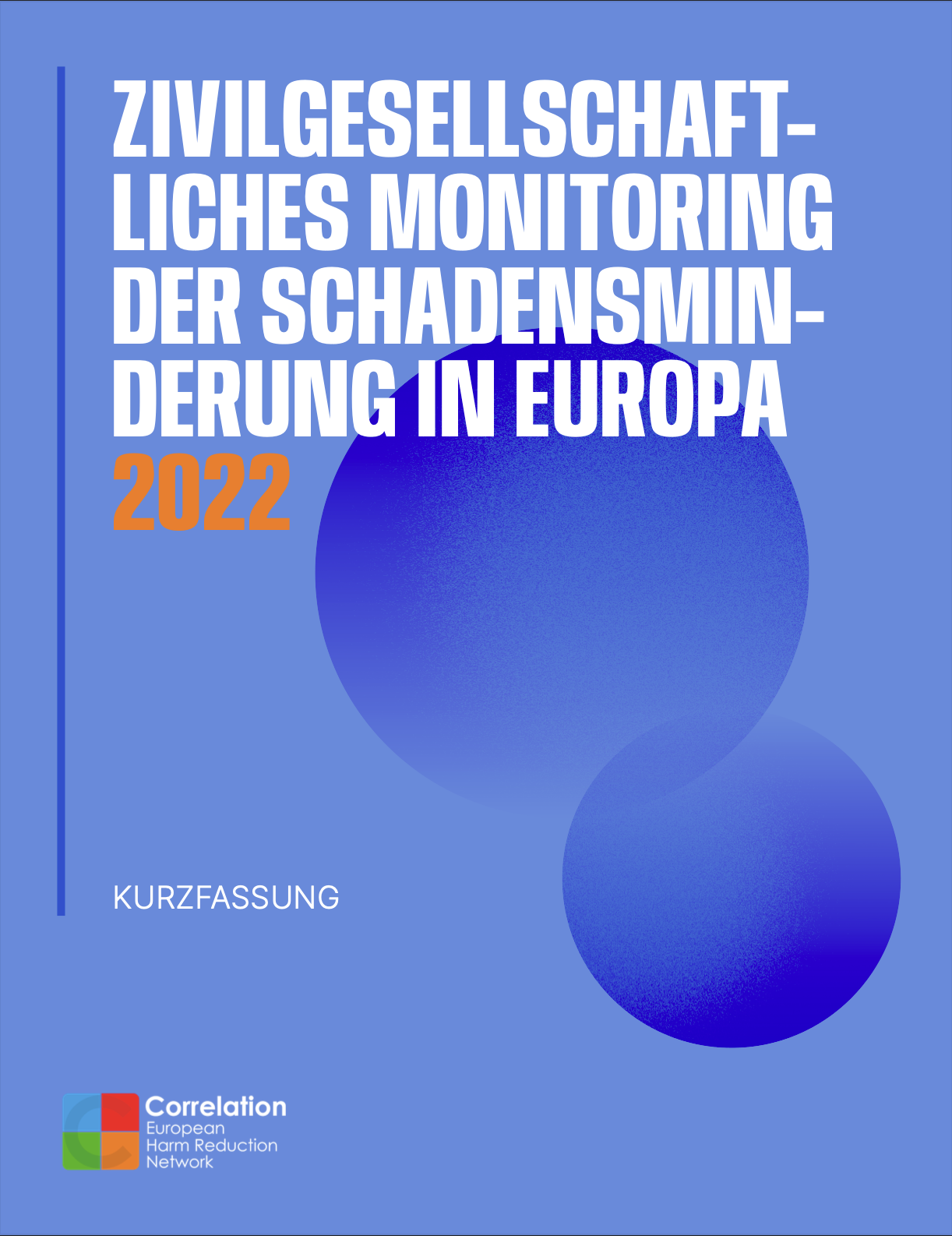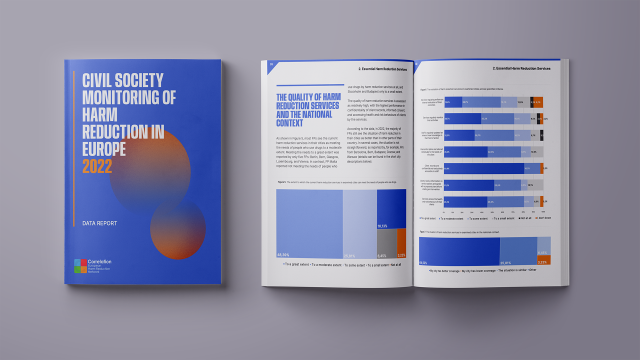The HepHIV2023 conference, held in Madrid, Spain, from 13th to 15th November, convened a diverse array of stakeholders committed to advancing the fight against HIV, viral hepatitis and sexually transmitted infections (STIs). The event was organized by EuroTEST, and our Senior Policy Officer, Roberto Pérez Gayo, also participated in its organising committee. The conference spotlighted pivotal themes in the realm of infectious diseases, with a focus on integrated testing, technological advancements, and equitable service delivery.
Rafaela Rigoni, C-EHRN’s Scientific Officer, offers key takeaways from the conference, emphasizing critical issues surrounding HIV, and highlighting the conference’s focus on testing, migration, and stigma.
Stigma emerged as a central point of discussion, drawing attention to the multifaceted dimensions impacting individuals living with HIV (PLHIV) and at-risk communities. The targets for 2025 established by UNAIDS to ensure that less than 10% of these groups would be subjected to stigma and discrimination spurred collaborative efforts to develop monitoring mechanisms. Notably, the collaboration between the European Centre for Disease Prevention and Control (ECDC), European AIDS Treatment Group (EATG) and AIDS Action Europe led to the creation of an instrument based on the HIV Stigma Index to measure stigma.
Insights in a recently published report using the HIV stigma survey showed that despite participants generally rating their overall quality of life as satisfactory, there is a prevalent connection between stigma and depression. This critical correlation between stigma and mental health, particularly depression, emphasises the need for enhanced mental health services tailored to the unique needs of the population living with HIV.
Moreover, the survey shed light on the alarming prevalence of self-stigma, indicating that individuals harboured negative perceptions about themselves, along with instances of stigma from family and friends. Notably, healthcare settings emerged as hotspots for heightened stigma. Those reporting lower life quality consistently reported more profound experiences of stigma, highlighting the pressing need for targeted interventions to address and mitigate these challenges. The need to understand the experiences of different key populations and research the intersectionality around stigma was highlighted.
The conference didn’t solely focus on HIV; the first attempts to develop a monitoring instrument to measure HCV-related stigma are also underway by ECDC, and C-EHRN was invited to be part of an expert group with an advisory role, fulfilled by our Senior Scientific Officer.
More about HepHIV
The conference brings together stakeholders from all levels of the health system, from community organisations to health care providers and policymakers to present and discuss new approaches for testing and linkage to care for HIV, viral hepatitis, sexually transmitted infections (STIs) and tuberculosis (TB), highlighting programmatic/ implementation issues and adaptation of testing services in response to emerging public health issues. Frontline workers constituted the majority of participants, highlighting the practical implications of the discussions for those directly involved in service delivery.
In summary, the conference illuminated the complexities surrounding stigma, emphasized the critical intersections between mental health and stigma, and underscored the importance of tailored interventions. Moreover, it highlighted the imperative need for integrated testing approaches and the adaptation of services to address emerging public health challenges.

